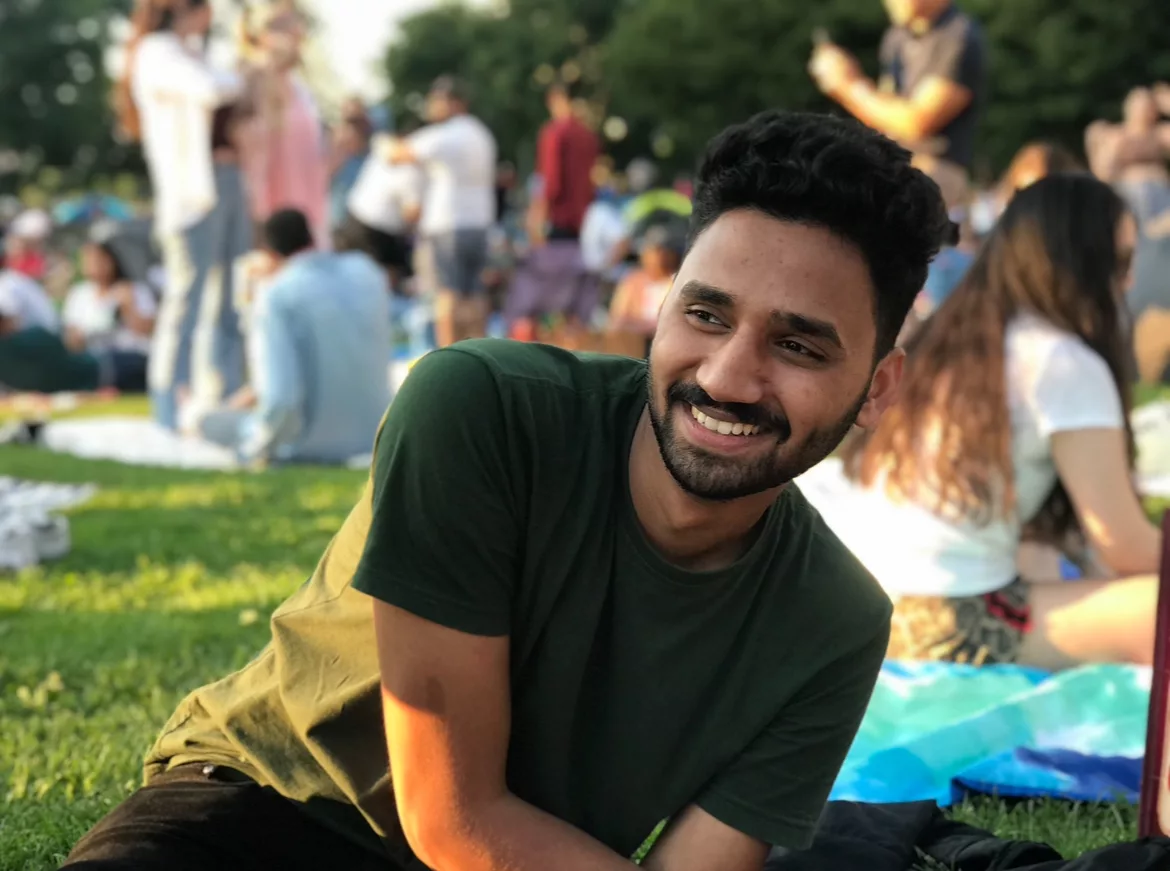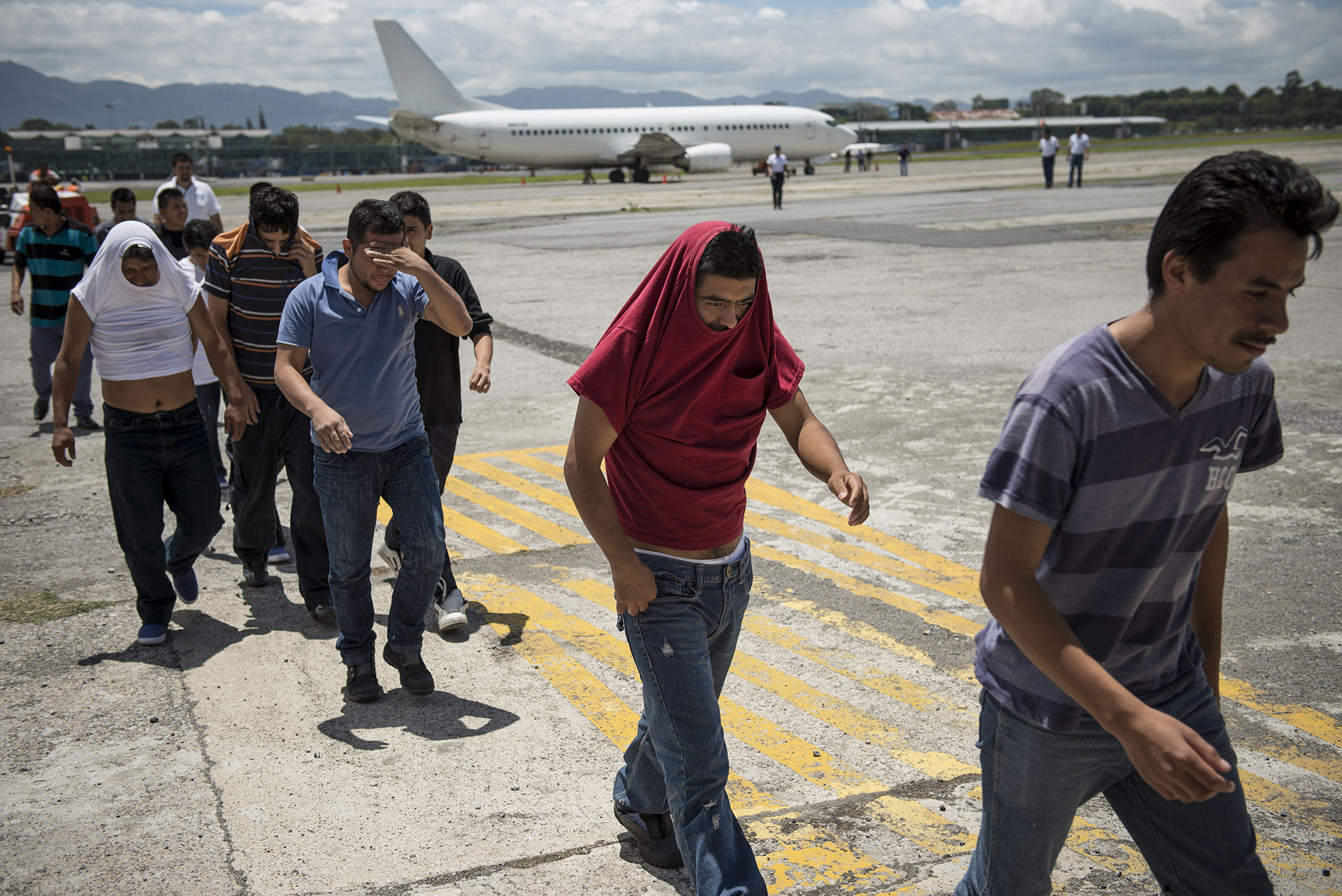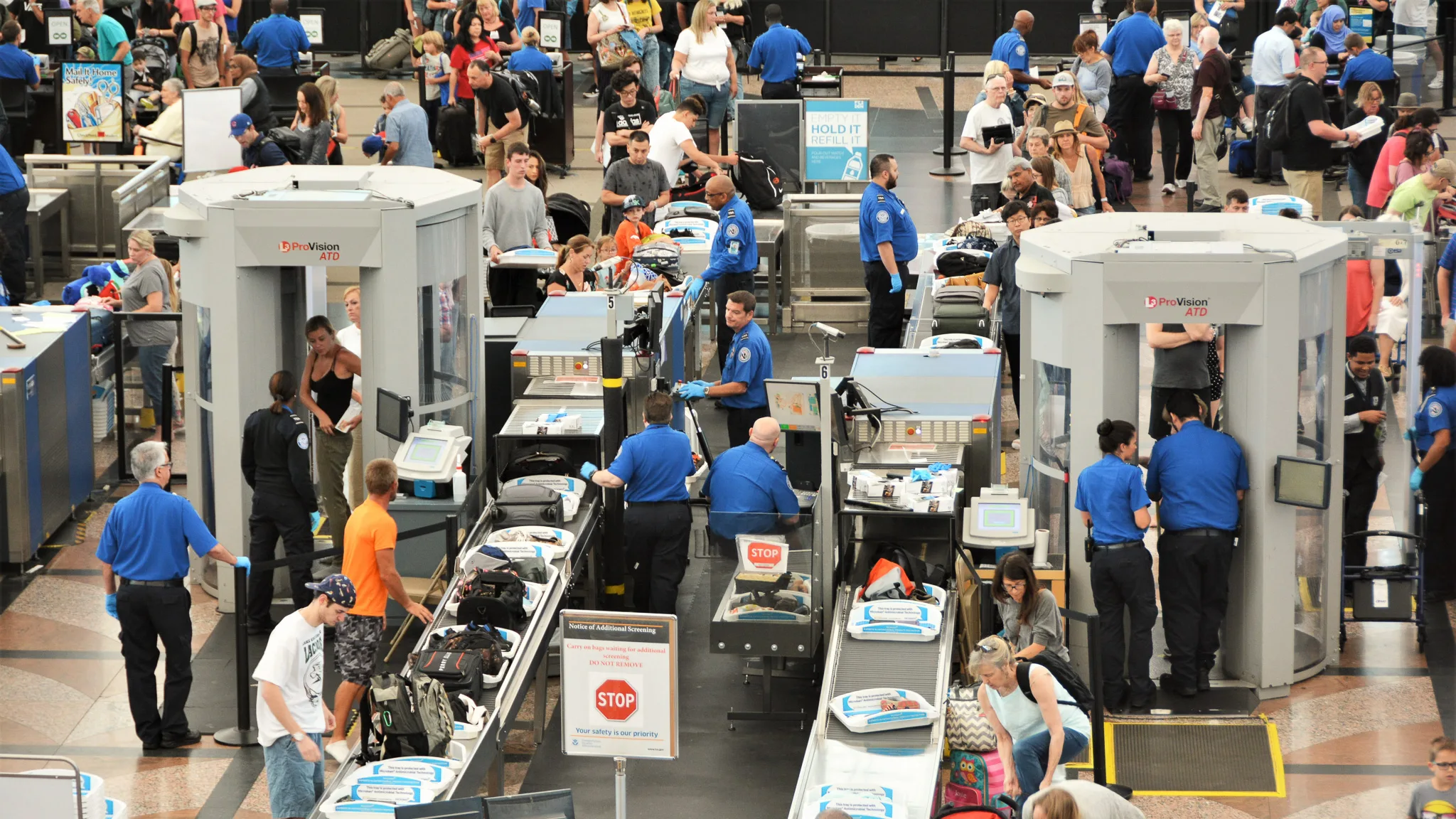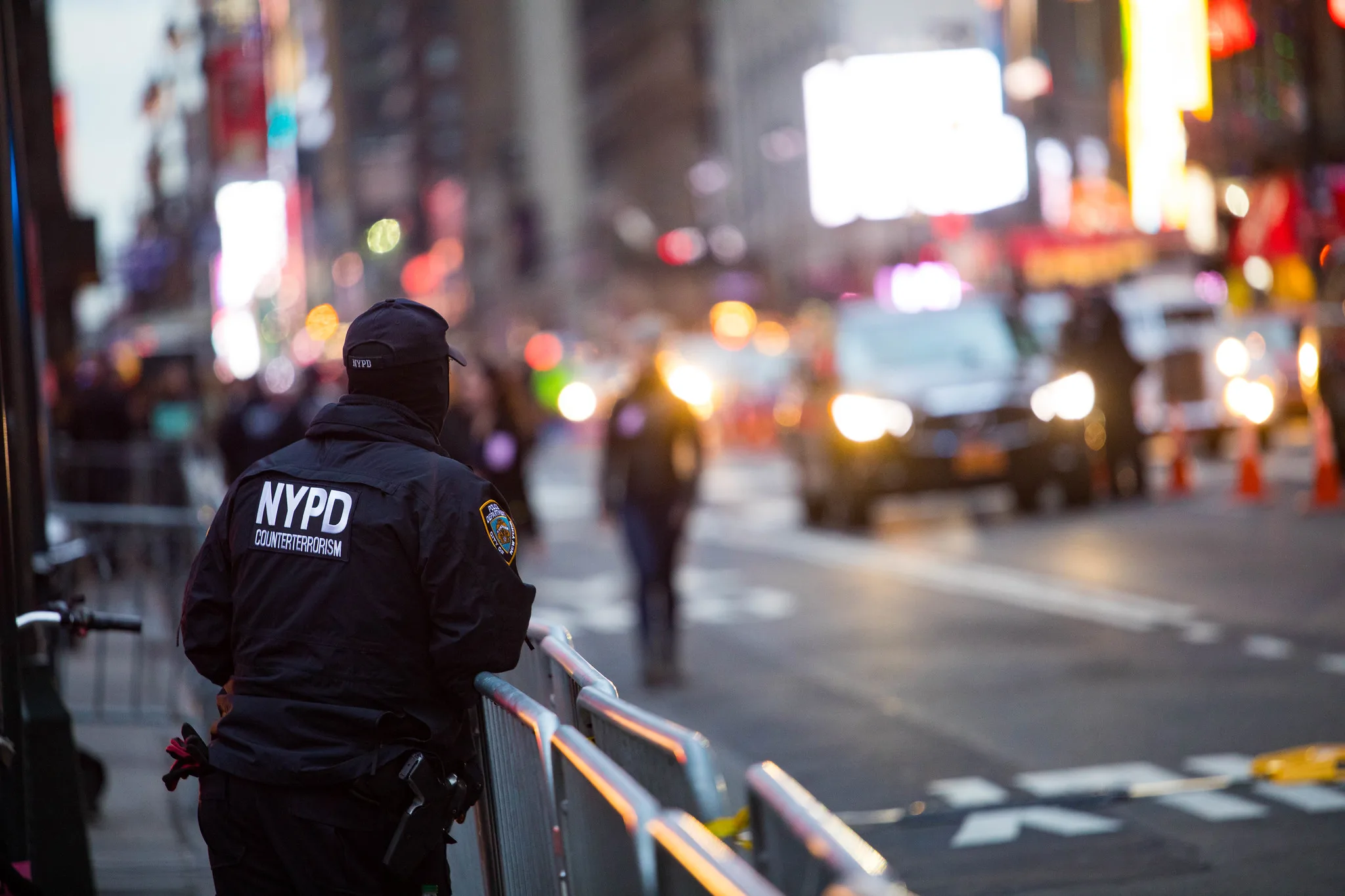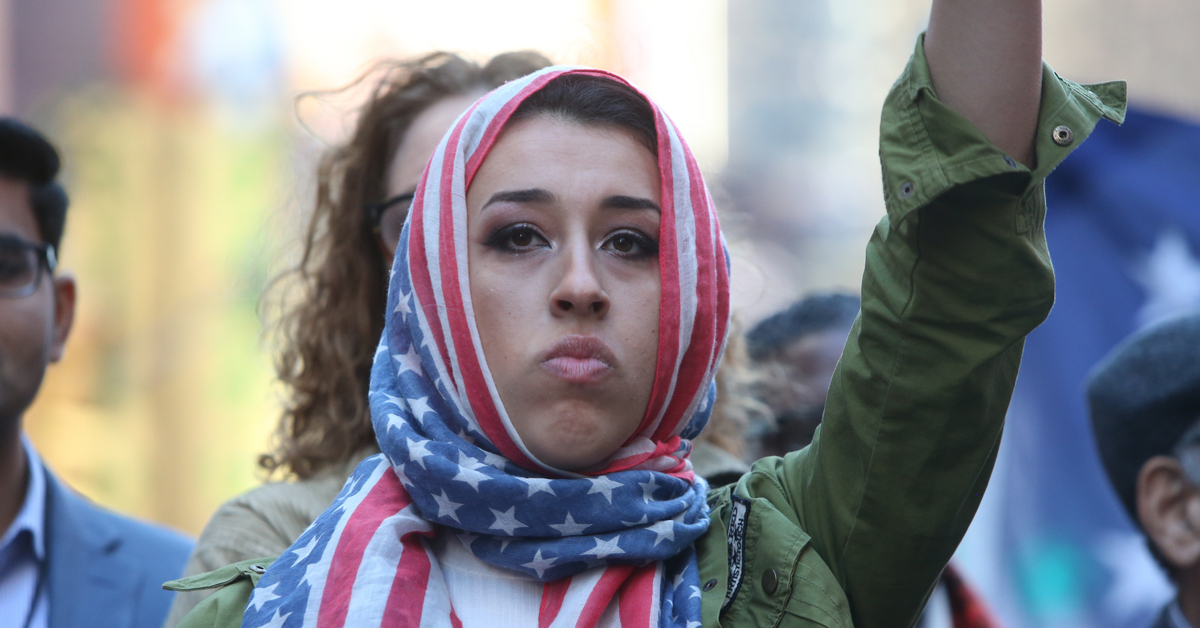When Fazil Khan moved to New York from New Delhi, it was his first time leaving home.
He was nervous but excited about the opportunity to study at the Columbia Journalism School and give back to his family at home.
After nearly four years in the U.S., he found a strong footing as a journalist at a leading education publication, won the hearts of dozens of friends with his quiet sarcasm and easy smile, and was well on his way to building the life he had envisioned for himself and his community back in Delhi.
That move wasn’t an easy one for Khan.
“If I get to New York in late September, I’m going to be struggling until at least December to even make something to eat — I don’t know how to cook,” he told classmate Will Jarrett in an interview soon after beginning his studies at Columbia. “I’ve been asking my mum to teach me something just so I can survive at least!”
Before long, he was cooking kebabs from scratch and hosting his friends for dinner. Those friends were devastated when news came of his sudden death on Friday, February 23. His apartment building caught fire, injuring 17 others. The fire was caused by a lithium-ion battery on the floor below Khan’s.
When friends received word that Khan had been identified as a patient, they rushed to the Harlem hospital where rescued residents were transported. In what could only be described as a surreal nightmare, they learned their long-time friend was the sole casualty declared in headlines describing the fire. What followed from there were days of logistics, including communicating with his family and making arrangements to return him to them.
“My gracious friend”
Those close to Khan describe him as quiet and insightful. He was notorious for conveying skepticism with a raised eyebrow, joy with a one-sided smirk, and disapproval with a pointed stare — often directed at those who cheated during his favorite card game.
He was passionate about learning new things and maintaining routines. That included diligently learning how to ice skate in a community rink, after watching YouTube videos about techniques. When something interested Khan, he committed to it — a character trait that translated into his tenacity for journalism, a career he dedicated to telling stories about vulnerable populations.
“Fazil lived his life with intention, dedication, and an admiration for the little things, as evident in his morning tea ritual as in his profound storytelling,” said Sheridan Wall, his former colleague and friend.
His Instagram handle is “mere fazil dost” – meaning “my gracious friend” in Urdu, the language he spoke with his family.
“Fazil embodied the beautiful meaning of his name and radiated kindness, intelligence and virtue in every room he entered,” Tazbia Fatima, a reporter with THE CITY.
His final days
In recent months, Khan turned to religion, dedicating more of his time towards Islamic cultures and practices. He was proud of beating his personal records to read the Quran as many times as he could during Ramadan. He spoke fondly of his family, including his young niece, who he was excited to spend more time with, his sister who he fiercely supported, and a best friend who he said he confided in on his trips to Delhi.
“Fazil should be here preparing for Ramadan which is his favorite time of the year. I am deeply saddened that this bright star has been taken away from us so early,” said Kwasi Gyamfi Asiedu, a friend.
He was introspective about personal and social issues, speaking out about politics and culture in India and the crisis in Palestine. He was a ready source of support to his friends, who leaned on him for his reflections.
“Fazil was never the loudest voice in the room, but often the most grounded and careful,” said Mahira Dayal, his friend.
Khan’s career
A data journalist covering education inequality at The Hechinger Report, Khan’s most recent project was the College Welcome Guide, an analysis of data from more than 4,000 universities. The guide tracks state laws affecting college students and helps prospective students evaluate universities’ receptiveness to diverse candidates.
Khan was also chosen as a post-graduate fellow for the Columbia Journalism’s Global Migration Project. There, he published an investigation about the lack of school grief-counseling resources available to the 8,700 children in the city who lost a caregiver during the pandemic.
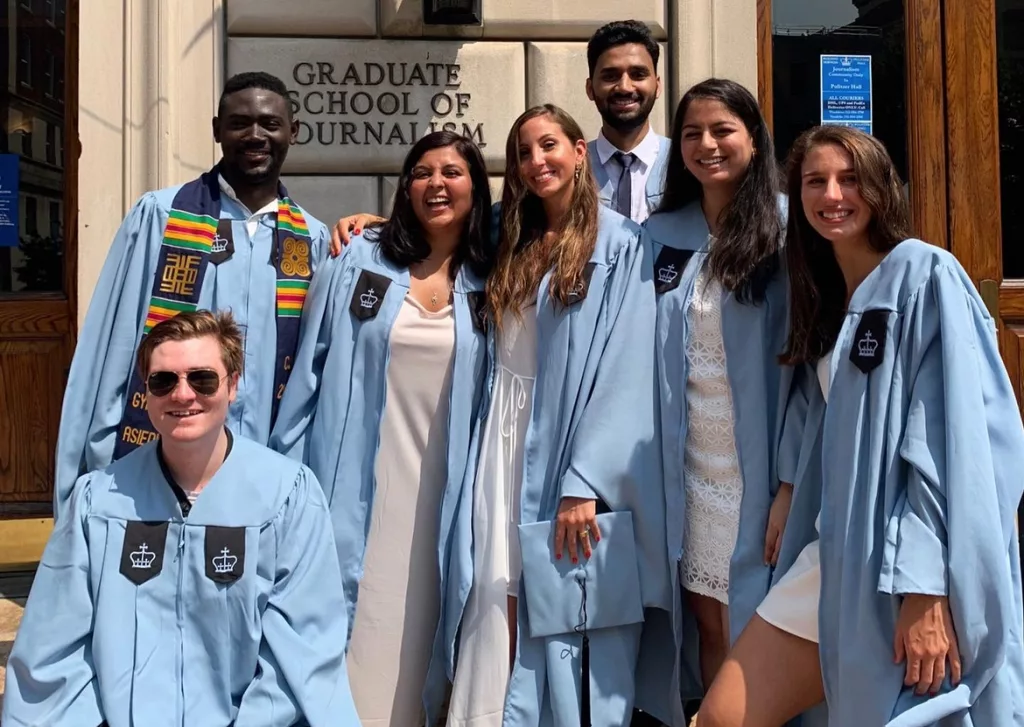
While reporting, he spoke to a family at the heart of the story: a mother and three children who lost their father to the virus.
He was conscientious about keeping the mother updated on the development of the story, said Kristen Lombardi, the director of the project. “He was just a quiet, humble, generous person,” she said.
Khan spoke fondly of colleagues at The Hechinger Report, emphasizing the welcoming community of education journalists. He was slated to present on two panels at the NICAR journalism conference in March 2024.
He started his career as a copyeditor at an Indian business daily in 2018 and worked as a correspondent at CNN-News18 in Delhi.
Khan “was an enthusiastic journalist with a passion for political reporting, especially during the transformative 2019 general elections,” said Pooja Dantewadia, a former News18 colleague. “With careful thought, he crafted each word for his stories and chose colors for his graphics that truthfully represented the news, pausing to offer book suggestions to colleagues working on their own stories, or to ponder over lunch options at the canteen.”
Also Read: He Dreamed of New York, But His Life Ended in the Juárez Fire
He was ambitious about using his opportunity to move to the U.S. to eventually relocate his family from India, where Muslims increasingly face discrimination.
“None of them have been outside India,” he said of his family in the interview with his classmate Jarrett. “I always say, ‘I am going to take you out, we’re not staying here for long.’”
Khan’s friends in New York are collecting funds to cover repatriation costs and donate to causes he cared about, including Islamic centers in New York.
Khan’s sister, Tanuja Khan, in a heart-wrenching voice message, shared a tribute, sent to a friend and given to Documented. You can read the transcription below.
Fazil’s sister Tanuja Khan, in her own words
“Fazil is our star and will remain throughout our life. Those beautiful big eyes have the ability to look within the soul. Though he used to wear the Specs, he was the charmer and no one could deny the fact that whenever he entered anywhere, he held the attention of everyone. He has made us proud every single time, since his birth.
He used to say a joke that ‘after every seventh generation, a human is born in the family who makes them proud, I will be that human for you guys.’ And we used to laugh.
An introvert at heart, history buff, booklover, singer and whatnot. There is not a single topic that he can’t talk about for hours. Just ask and he has an opinion about everything. You just needed to listen to him when he spoke. And he made a lifetime friendship with everyone he met till date.
I read about him today in News18, which says Fazil means someone who’s a scholar, someone talented, generous, someone who’s worthy of high praise. Never has anyone been so aptly named as Fazil Khan. Incredibly talented, charmingly humble, and with a smile that melted the coldest of hearts. And yes, he and Superman are the only people to use Specs as disguise.
Now that he is not with us, and every single person is talking about him, I’m thinking that we are not the only people who are proud of him. But there are many who have so many things to talk about him. I know he’s listening to all of us, I just want to say to him that: “Bhai you want to be known worldwide, see everyone in the world is talking about you. And we also understand it for you, because you deserve every bit of it. But not like this.
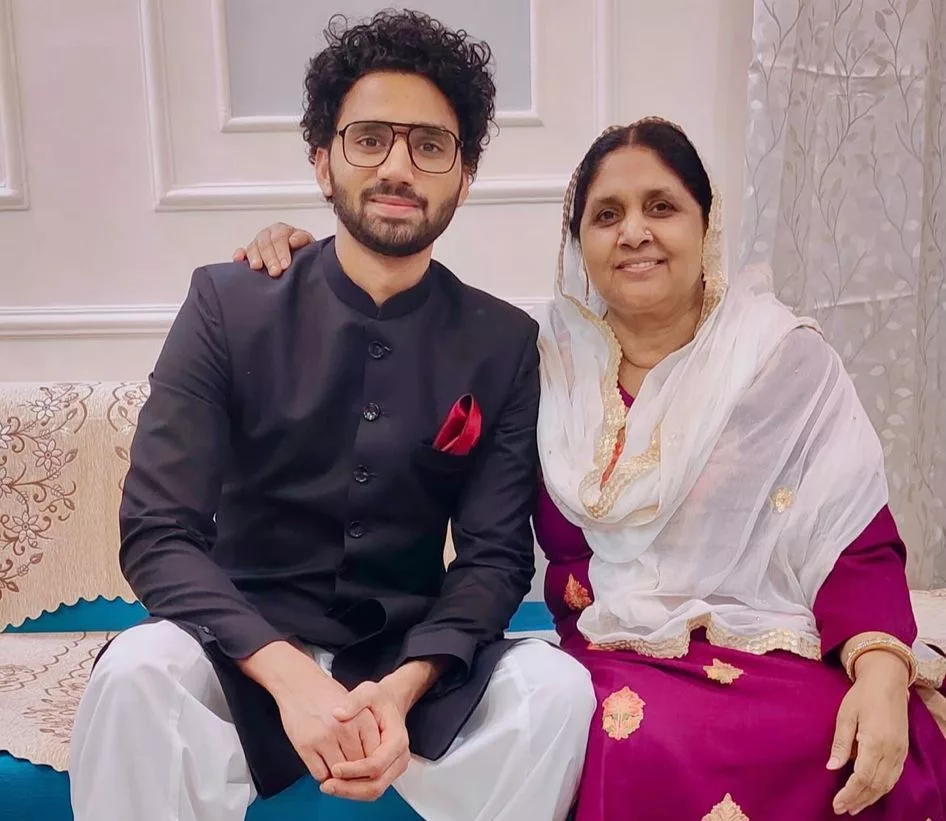
You will not be missed because you will always remain in our heart forever. And we can never ever let you go from our life. You were, you are, and you will always be our bachha, and we are so, so, so proud of you.”
Kwasi Gyamfi Asiedu, Bianca Pallaro, Tazbia Fatima, Will Jarrett and Fisayo Okare — friends from Columbia Journalism School — contributed to this piece.
